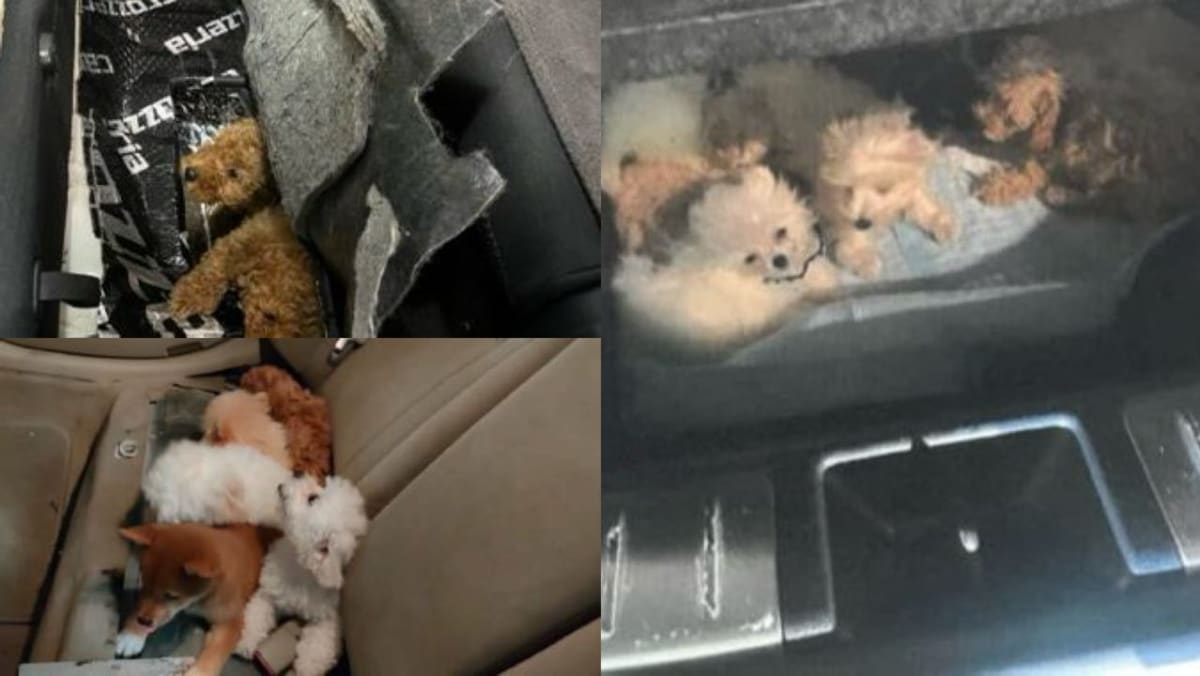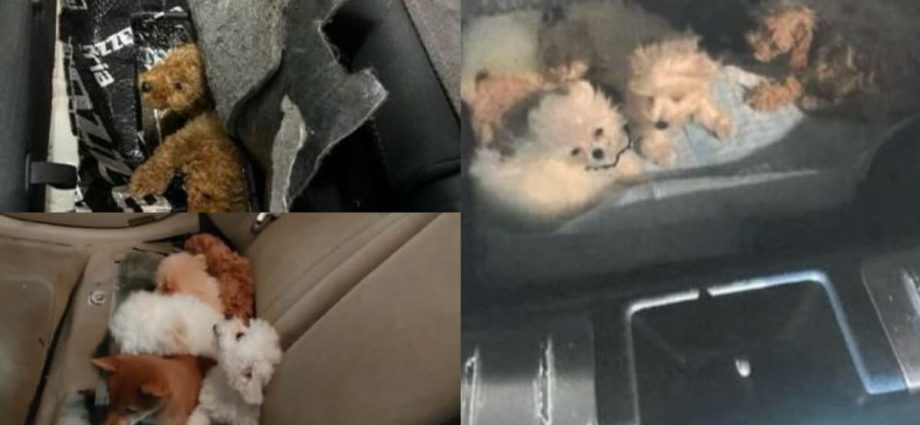
EXOTIC WILDLIFE SPECIES
NParks said that it has been conducting islandwide enforcement operations against the illegal sale of animals and wildlife for the pet trade.
Over the past two years, more than 180 wildlife were seized following operations at more than 50 premises.
NParks said that the trading occurred on online platforms such as Telegram, where people would advertise various wildlife species for sale.
In 2020, a man was fined S$9,600 (US$7,150) for offering to sell an endangered false gharial, a freshwater crocodile, over Telegram and for keeping three hedgehogs illegally in his home.
Many of the species that were being offered were exotic wildlife species that are illegal to sell or keep as pets in Singapore, said the authorities. Several were also protected under CITES.
According to the NParks website, Singapore has been a party to CITES since November 1986. This commits it to international efforts to combat illegal wildlife trade to ensure the long-term survival of animals protected under the agreement.
THE PROBLEM WITH SMUGGLING AND PET TRADING
The well-being of smuggled animals is often compromised by poor holding and transport conditions during the smuggling process.
Animals are usually transported in cramped conditions with poor ventilation.
In some cases, the animals are heavily sedated to minimise noise and movement to avoid detection by the authorities. This has resulted in poor health conditions, injuries, and even death of the smuggled animals.
NParks also pointed out that pet animals from unapproved sources are of unknown health status.
Such animals may not have been bred according to the standards of animal health and care imposed on licensed breeders and pet shops in Singapore. As a result, they could carry and transmit dangerous diseases that endanger other animals and humans.
The same risk also applies to wildlife of unknown origin.
NParks’ biosurveillance system allows it to manage emerging threats of animal and zoonotic disease.
“As smuggling of pet animals and wildlife evades biosecurity and sanitary controls, this increases the risk of diseases being transmitted from animals to humans,” it said.
“This is why NParks has a robust enforcement regime against illegal animal and wildlife trade and works closely with other government agencies and international partners to tackle such trade.”
Prospective pet owners are encouraged to adopt their pets from animal welfare groups or purchase them from licensed pet shops instead.
“The public can play their part by not contributing to the demand for illegally imported animals, wildlife parts and products,” NParks and ICA said.
“When the buying of illegally imported animals stops, the smuggling will cease.”

